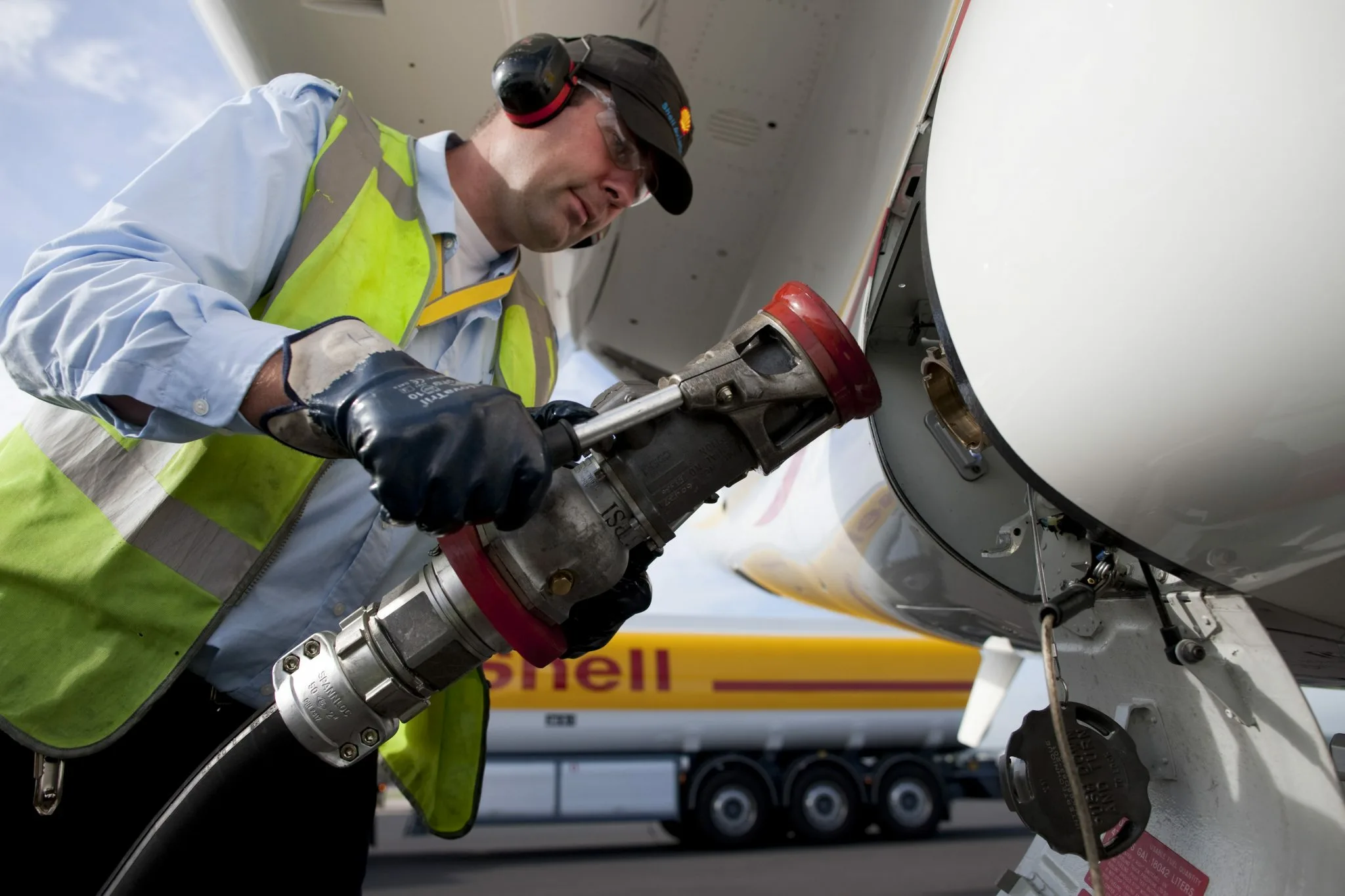
The sustainable aviation fuel (SAF) market is projected to experience remarkable growth, expanding at a robust CAGR of 60% from 2023 to 2033. With an estimated valuation of USD 563.2 million in 2023, the market is expected to reach USD 61.92 billion by 2033. Key drivers include the decline in fossil fuel availability, rising air pollution, and increased air traffic, prompting governments to implement measures to reduce carbon emissions.
Advanced SAF sources, including waste and scrap materials, are gaining traction, enhancing the appeal of sustainable fuels. The growing adoption of SAF across the aviation sector is further supported by the establishment of SAF production plants worldwide and partnerships between governments and aviation companies focused on sustainable solutions.
SAF offers advantages over conventional jet fuel, such as higher energy content, better oxygen efficiency, and reduced emissions. Additionally, the adoption of zero-carbon hydrogen fuel cell technology is contributing to market expansion. Fuel price fluctuations—exacerbated by factors like the Russia-Ukraine conflict—are encouraging airlines to seek cost-effective alternatives. Rising income levels and higher living standards are also driving demand for commercial flights, with airlines increasingly turning to SAF to manage costs and meet environmental goals.
Key Points
- The North American region is one of the crucial spaces for a sustainable aviation fuel market. As it has many airports with a high density of international and national flights. Lately, the Biden administration has advanced the prospects of sustainable fuels in American aviation with a target of reducing aviation emissions by 20% by 2030.
- Europe with its restored tourism industry and high tourist footfall has also invested in the sustainable aviation fuel industry. The European Parliament has passed a mandate named ‘ReFuelEU Aviation’ in 2022.
- Based on fuel type, the biofuel segment leads over other segments as it is considered highly safe, reliable, and low carbon. The fuel comes from forestry and agricultural waste.
- Based on biofuel blending capacity, the 30% to 50% segment leads as it is more acceptable across the regions.
Market Value and Growth Projections
The Sustainable Aviation Fuel market is on the cusp of a transformative era, with exponential growth projected over the next decade. In 2023, the market was valued at USD 563.2 million. However, as governments and industries intensify their efforts to curb carbon emissions and promote cleaner energy sources, the market is forecast to soar to USD 61.92 billion by 2033, representing a massive CAGR of 60%.
This unparalleled growth is primarily driven by the urgent need for decarbonizing the aviation industry, especially in light of increasing regulatory mandates and targets set by organizations such as the International Air Transport Association (IATA) and International Civil Aviation Organization (ICAO). As airlines and airports commit to greener practices, investments in SAF production and infrastructure are expected to increase dramatically, further propelling market growth.
Competitive Landscape
The key vendors work on fastening their manufacturing process while also expanding their plants. Furthermore, the mergers between the government and SAF producers are transforming the market strategies. Key competitors and also merge, acquire, and partner with other companies to increase their supply chain, and distribution channel.
Key Players:
- Preem (Sweden)
- OMV (Austria)
- Atmosfair (Germany),
- Wastefuel (United States)
- Prometheus Fuels
- Red Rocks Biofuel (United States)
- Northwest Advanced Biofuels
Recent Market Developments
- Swedish brand, Preem has selected Haldor Topsoe’s Hydroflex for its renewable fuel plant. The plant is expected to hold the potential of saving 2.5 million tons of Co2. The plant also holds a capacity of 16,000 barrels-per-day unit.
- German startup, Atmosfair has introduced the world’s first clean jet fuel plant with carbon-neutral aircraft technology.
Sustainable Aviation Fuel Market: Segmentation
By Platform:
- Commercial Aviation
- Military Aviation
- Business & General Aviation
- Unmanned Aerial Vehicle
By Biofuel Blending Capacity:
- Below 30%
- 30% to 50%
- Above 50%
By Type:
- Total Stations
- Global Navigation Satellite Systems (GNSS)
- Laser Scanners
- Sensors
- Others
By Biofuel Manufacturing Technology:
- Hydroprocessed Fatty Acid Esters and Fatty Acids – Synthetic Paraffinic Kerosene (HEFA-
- Fischer Tropsch Synthetic Paraffinic Kerosene (FT-SPK)
- Synthetic Iso-paraffin from Fermented Hydroprocessed Sugar (HFS-SIP)
- Alcohol to Jet SPK (ATJ-SPK)
- Catalytic Hydrothermolysis Jet (CHJ)
By Fuel Type:
- Biofuel
- Hydrogen Fuel
- Power to Liquid Fuel
- Gas-to-Liquid
Report Preview: https://www.futuremarketinsights.com/reports/sustainable-aviation-fuel-market
About Future Market Insights (FMI)
Future Market Insights, Inc. (ESOMAR certified, recipient of the Stevie Award, and a member of the Greater New York Chamber of Commerce) offers profound insights into the driving factors that are boosting demand in the market. FMI stands as the leading global provider of market intelligence, advisory services, consulting, and events for the Packaging, Food and Beverage, Consumer Technology, Healthcare, Industrial, and Chemicals markets. With a vast team of over 400 analysts worldwide, FMI provides global, regional, and local expertise on diverse domains and industry trends across more than 110 countries.
Contact Us:
Future Market Insights Inc.
Christiana Corporate, 200 Continental Drive,
Suite 401, Newark, Delaware – 19713, USA
T: +1-347-918-3531
For Sales Enquiries: sales@futuremarketinsights.com
Website: https://www.futuremarketinsights.com
LinkedIn| Twitter| Blogs | YouTube